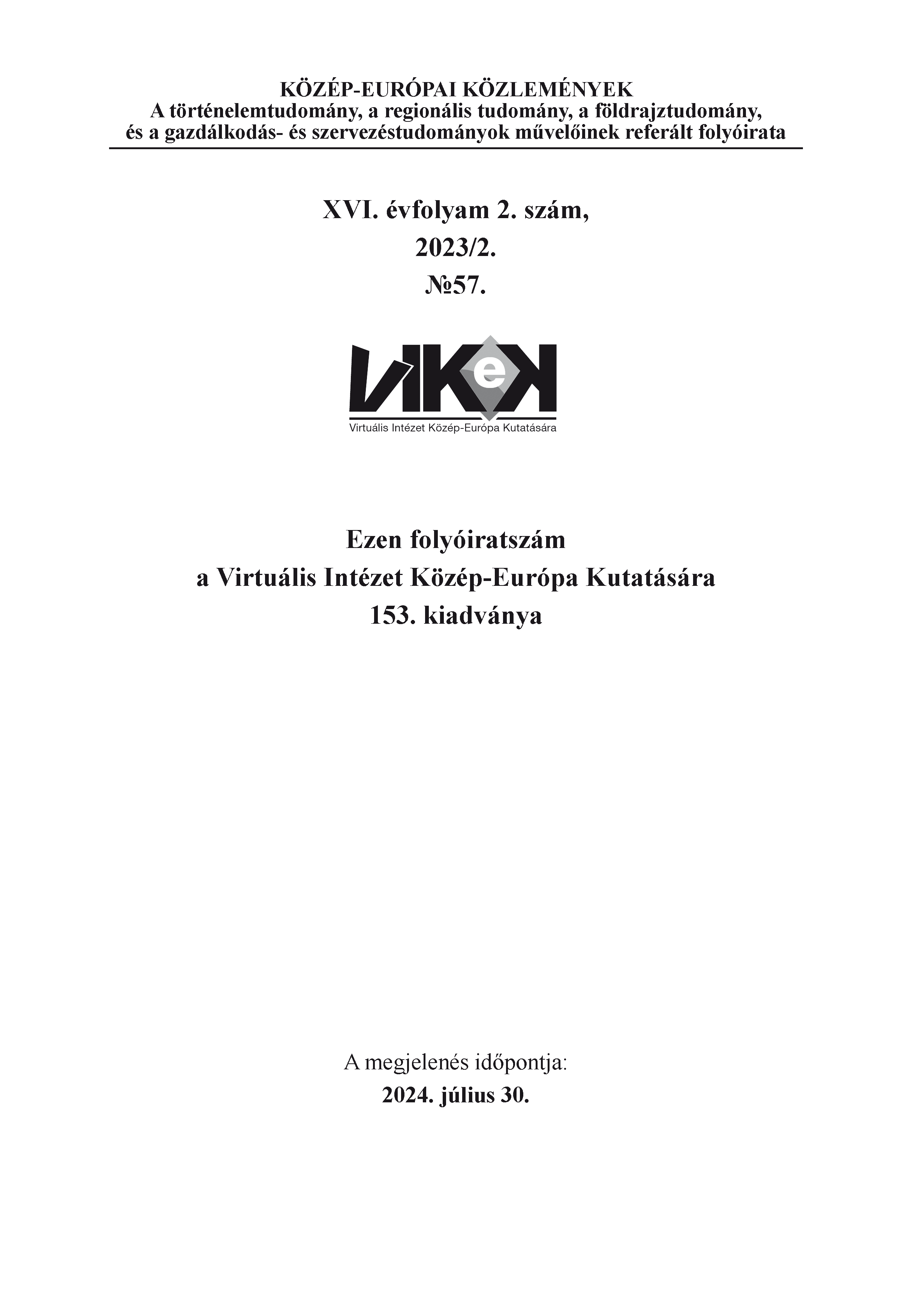Horvátország talpraállásának és az euró bevezetésének dilemmái
Main Article Content
Absztrakt
Compared to the other states joining the European Union in 2004, in Croatia the economic and political transformation process has been initiated rather late and all the structural changes have just been partially implemented. In the long run, however, the country’s economy was the best performing in the Western Balkans and Zagreb was able to fulfil the EU economic criterion to have a functioning market economy and the capacity to cope with competitive pressure and market forces within the Union. Despite these improvements the reforms came to a halt at an early stage in 2009 due to the economic crisis. Croatia has painfully recovered for more than six years from the crisis, largely due to the absence of anti-cyclical government measures. In 2015, the Croatian economy entered a period of slow but rather steady recovery. The increase in economic resilience was already visible during the COVID19 crisis, after which the Croatian economy strongly recovered, with GDP reaching prepandemic level already in 2021. Croatia no longer had macroeconomic imbalances due to progress in numerous indicators, from pay rises, employment growth to public debt reduction and a drop in unemployment, to which activities of the euro introduction strategy also contributed. While the process of Croatia’s EU accession took almost 8 years, it is increasingly likely that the process of adopting the euro from the moment of joining ERM2 to the full membership in the euro area will be reduced to the shortest possible period, likely 2,5 years. After fulfilling normative and numerical Maastricht criteria and gaining strong political support of European institutions, the euro will become the official Croatian currency on 1st of January 2023 resulting in an enlargement of the euro area to 20 countries.
